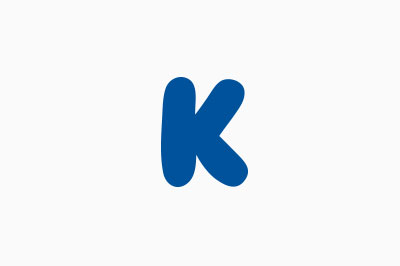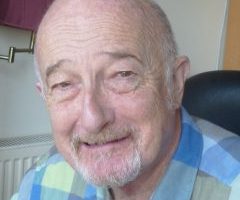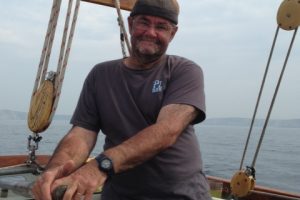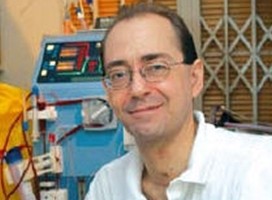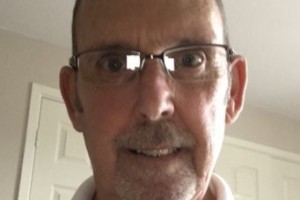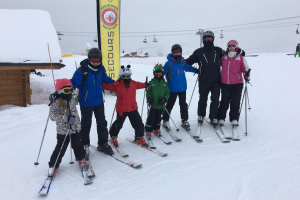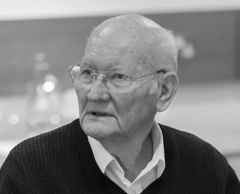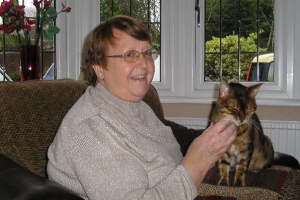Personal stories
Linda’s story – Personal reflections on my nursing career

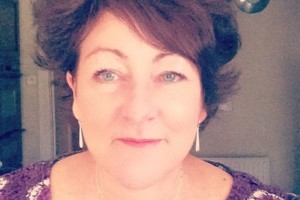
Personal reflections on my nursing career and my role in the communications work of the Transforming Participation in Chronic Kidney Disease programme – Linda Boorer, Transplant Nurse Consultant and Co-chair of the Communications Working Group.
I was asked to join the TK-CKD programme in 2015 as co- chair of the communications group with Denny Abbot, patient representative. With the already successful implementation of the AKI programme, including the creation of the Think Kidneys website, and an incredible amount of work already achieved around co- production, it was a slightly daunting prospect. I was very aware of the patient centred care programme in decision making but coming from a transplant background and the work of the programme mainly focusing on CKD this was something slightly out of my field of practice. However the whole group made me feel very welcome and encouraged my contribution. It has been such a positive experience from the beginning, working with a group of people who are so focused and motivated in reaching the end goals of the project.
The patient representatives have given me really good insight into the challenges they face on a daily basis and why the decisions they make have to be based on their individual needs, and in many cases with the support of their spouses, family members or carers. Equally, working with professionals outside my own hospital has been very refreshing and has given me a different outlook and perspective on project management.
I was asked to write a blog as part of this group, and as I have only just been introduced to Bluetooth and twitter is the sounds the birds make, I thought I would look back at my own practice and reflect on how I have seen things change, as well as how I have changed personally. I hope I make a good job of it!
I started my renal career in the late 1980s in a unit in the South West of England. When I reflect back I can see how the relationship between the patient and the renal teams has changed considerably since then. In those early days I recall a scenario when a patient was given the news he would need to start renal replacement therapy in the near future, and that it would be haemodialysis because the peritoneal service was fairly small and in its infancy. The main drive of the unit was for patients to opt for haemodialysis which was an established programme. The gentleman had been given information regarding both treatment options and he felt peritoneal dialysis would be his best choice due to his lifestyle and work commitments. He had voiced his concerns regarding this on a number of occasions, however his views were not taken into consideration and he was established on haemodialysis. When I challenged this with the ward sister she said in all sincerity that the consultant had been in renal medicine for many years and thought the doctor had made this decision on behalf of the patient based on what he felt was in the patient’s best interest.
Thankfully these times have changed but I still believe we need to change the culture of our practice to fully embrace the notion of co-production and this is also a skill we need to work on. Well, I need to work on anyway. To clarify that statement I have always thought of myself as a very patient centred person and running a patient group has enhanced this perception. However attending a motivational interviewing workshop made me realise I was perhaps giving advice based on good intentions, which wasn’t always in tune with the advice patients wanted or needed.
To give you a scenario in an annual review clinic I run:
“Mrs Jones I can see you have put on some weight since your last consultation”. It is easy to give information on why a stable weight is good for you, (most people know anyway) health education how to maintain a healthy weight and give advice on how to address the issue such as exercise, diet etc. However this information might not be what the patient can achieve or wants to take forward.
So instead I could have approached this differently:
“Mrs. Jones I can see you have put on weight since your last visit. Are you aware of this, is this something you want to look at and how do you think you can address this?” Advice can be given in the form of sign posting and it gives that decision making process back to the individual.
This is a very broad example, looking at advice we give patients around healthy lifestyles but it can equally encompass the advice we give to patients regarding treatment options. It’s their decision in consultation with their family which fits into their own lifestyles, beliefs and preferences.
I finish with a poignant comment which has stayed with me. During discussion with the group deciding how we defined a particular statement, I thought partnership was a good description. Then one of the patients said:
“It’s not a real partnership. I see you for ten minutes three times a year and you are not with onalme the remainder of the time, therefore I need you to give me the information and knowledge and provide me with the skills, signposting other services so I can make an informed decision myself”.
Personal stories


